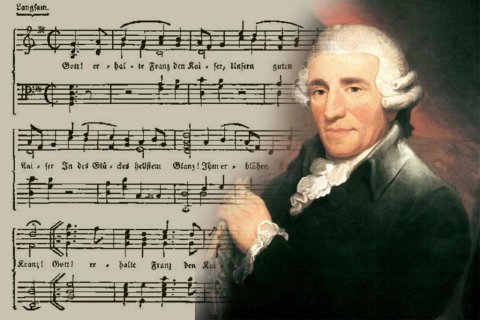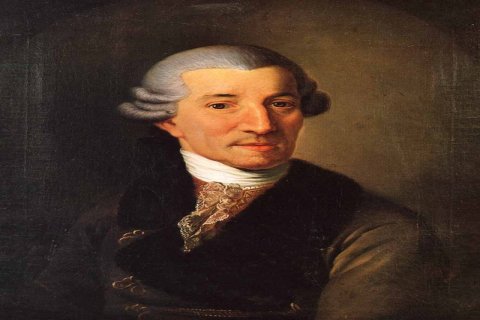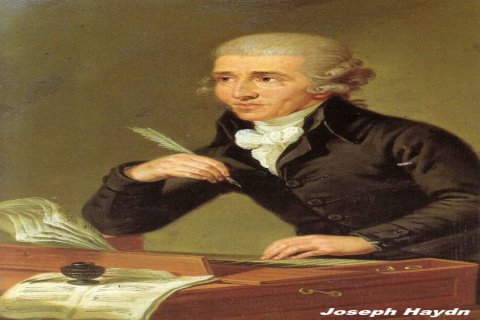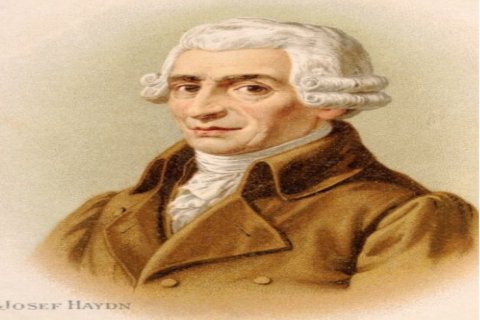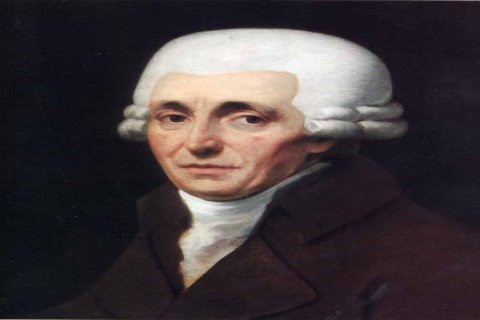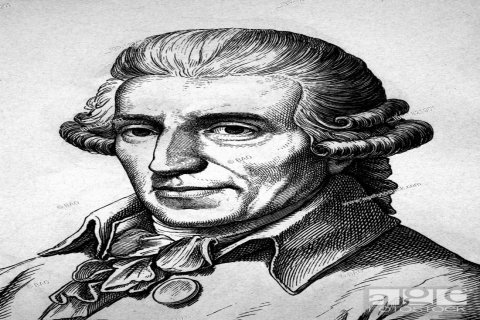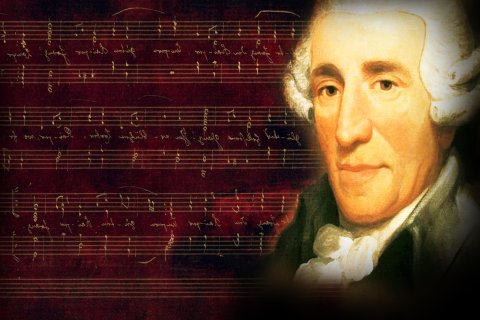Joseph Haydn
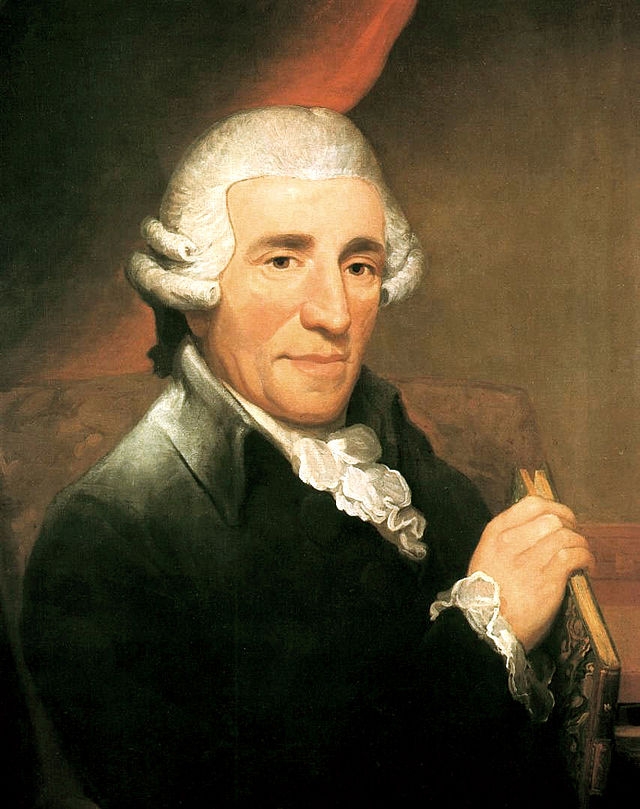
Joseph Haydn
- Born: March 31, 1732 in Rohrau, Austria
- Died: May 31, 1809 in Vienna, Austria
- Occupation: Composer
- Genre: Classical
- Works: 104 symphonies, 60 string quartets, 52 piano sonatas, and many other works
Biography
Joseph Haydn was an Austrian composer of the Classical period. He is considered one of the most important composers of all time, and his music continues to be performed and enjoyed today.
Haydn was born in the village of Rohrau, Austria, in 1732. He showed a talent for music at an early age, and he was sent to study with the choirmaster at the St. Stephen's Cathedral in Vienna. In 1761, he became the music director for the Esterházy family, a wealthy and powerful family of Hungarian aristocrats. Haydn spent the next 30 years working for the Esterházys, during which time he composed some of his most famous works, including the "Surprise" Symphony and the "Creation" oratorio.
In 1790, Haydn left the Esterházys and moved to Vienna. He spent the rest of his life there, composing and teaching. He died in Vienna in 1809 at the age of 77.
Music
Haydn's music is known for its melody, harmony, and wit. He was a master of form and structure, and his works are often considered to be the perfect examples of Classical music.
Haydn's most famous works include:
- The "Surprise" Symphony (Symphony No. 94)
- The "Creation" oratorio
- The "Four Seasons" string quartets
- The "Piano Concerto No. 11"
- The "Mass in B minor"
Legacy
Haydn is considered to be one of the most important composers of all time. His music has influenced generations of composers, including Mozart, Beethoven, and Schubert. He is also credited with helping to develop the symphony and the string quartet into the forms that we know today.
Haydn's music continues to be performed and enjoyed today. His works are regularly featured in concert halls and opera houses around the world. He is a true master of the Classical period, and his music will continue to be enjoyed for centuries to come.

